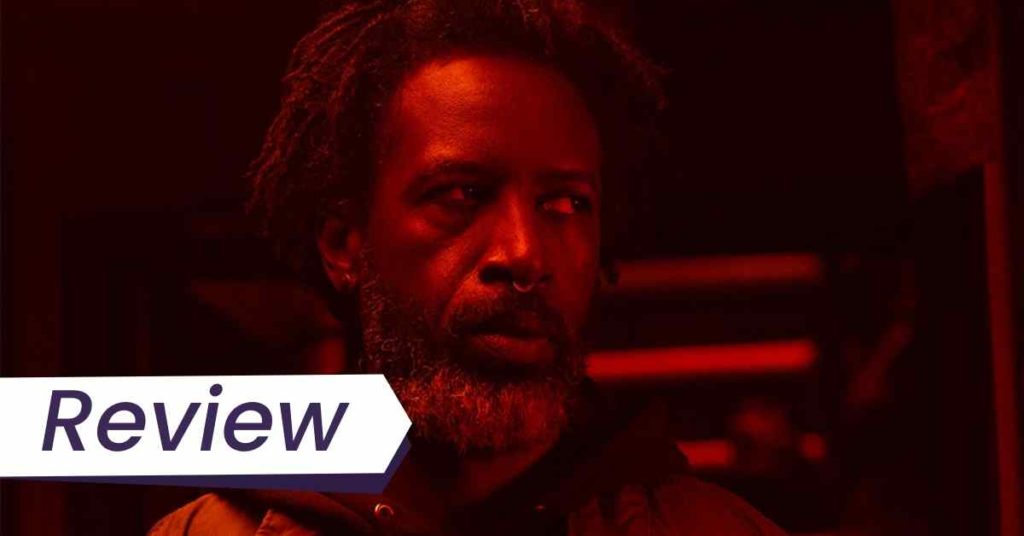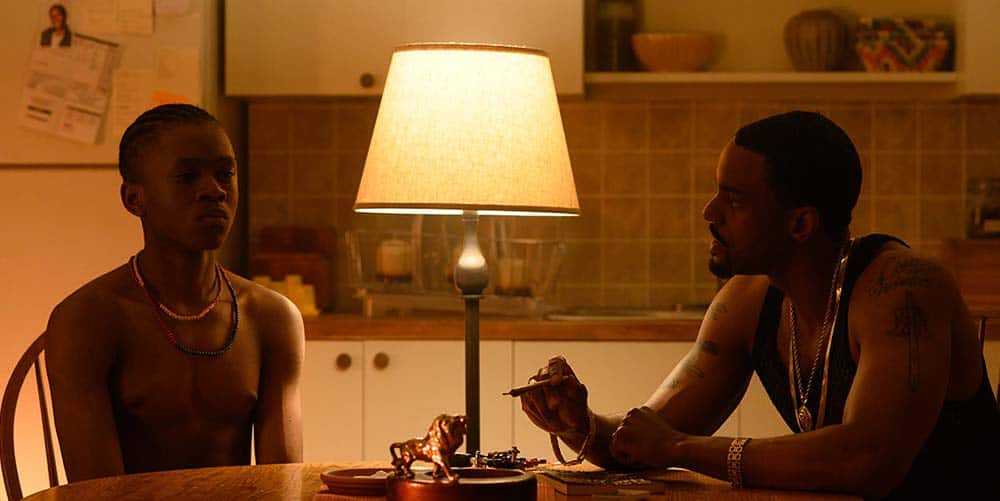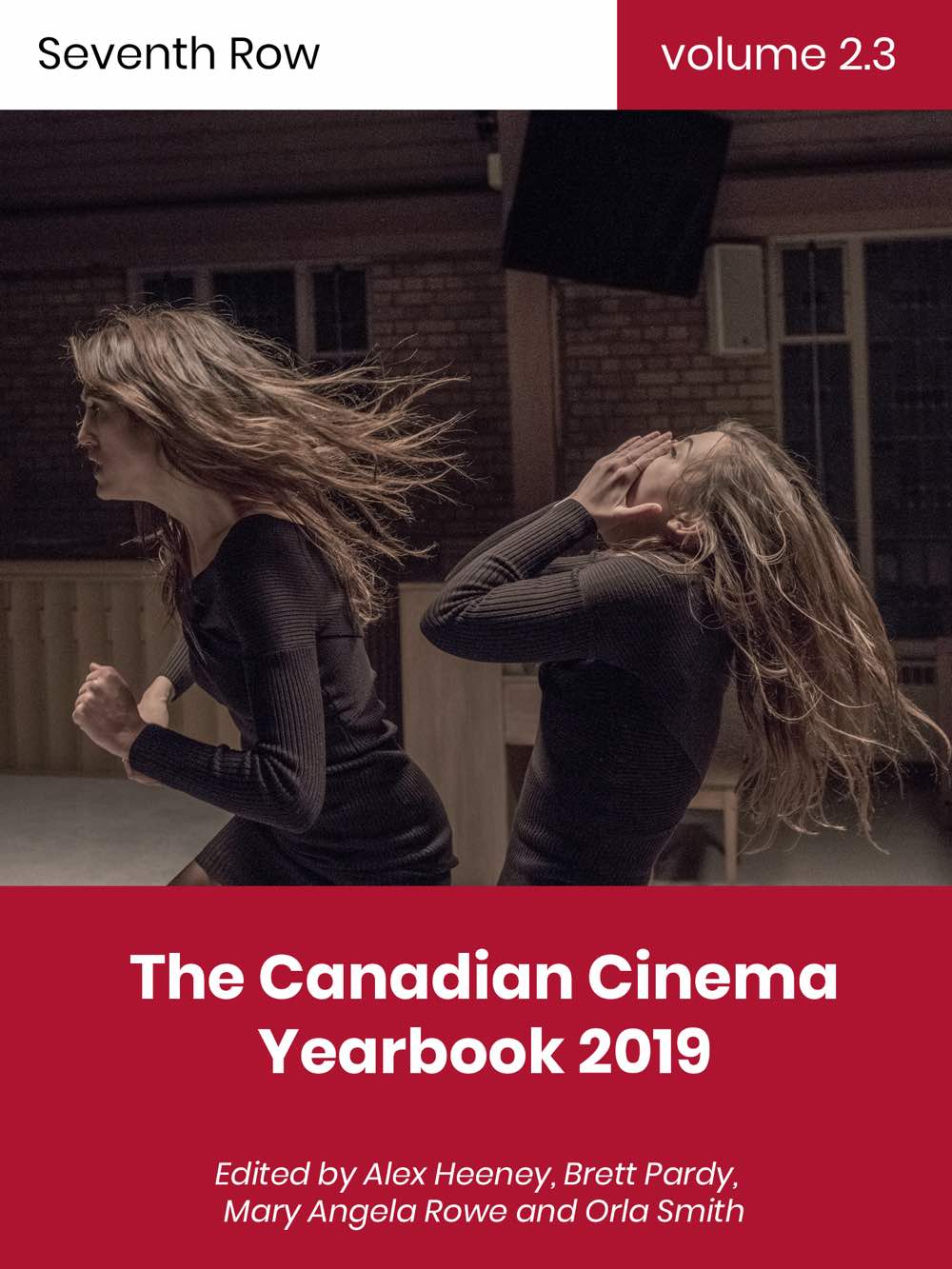Charles Officer’s Akilla’s Escape works best at its most stripped back, but too often the film gets caught up in tired crime tropes. Keep up to date with our TIFF ’20 coverage.

The visual album is an omnipresent form in the pop cultural landscape. Beyonce, The National, and all manor of hacks have attempted it. One of the key forebears of the genre is The Harder They Come (Perry Henzel, 1972), the first major film made in Jamaica. Charles Officer, whose cinema deals with Jamaican-Canadian diaspora, continues this lineage with Akilla’s Escape, a tempered showcase for the musical prowess and star power of rapper Saul Williams. His Akilla is a hard-nosed, world-weary man, forced to confront his demons when the weed dispensary he manages is robbed by a gang.
Officer uses oneiric cross-cutting to highlight man’s inability to escape the trap of cyclical violence in the urban sprawl; the violent end to the robbery of Akilla’s dispensary jolts this cross-cutting technique into gear. When Akilla sees that Sheppard (Thamela Mpumlwana), a member of the gang and no older than 18, shares his tattooed insignia, it sends him back into his own memories, making him reevaluate the violence and abuse that helped him reach his ostensibly comfortable, if shady, lifestyle. Mpumlwana plays young Akilla, too, but the differences between the dual roles are a little too underplayed to draw two distinctive characters. For Officer, this may be the point.

Akilla is a Death Wish-type avenger character who never quite makes sense, especially paired with Williams’ work on the film’s soundtrack, which leans too hard on Akilla as a pop star persona to be fully convincing. From ambient soundscapes to more hard hitting raps, his music runs smoothly with Officer’s visual language. But when he’s not being hard as nails, Akilla is expected to be a more poetic streetwise figure, and a community leader. These two sides of him never quite gel, particularly when, instead of fleshing out Akilla’s character, the film continually adds players in the Toronto crime network who serve little more than set dressing.
Akilla’s Escape works best at its most stripped back. An early shootout is tense and well staged. When Sheppard is forced to take drugs to commit a crime, it says more about him and his standing in the crew than expository scenes with his mother that Officer also feels the need to include. Best of all are moments when Officer uses similar smokey lighting and sparse set design in both timelines, allowing us to elliptically slip from one to the other and visually connecting the conflicts of two generations of men. But too often, the film is caught up in awkward performances and tired crime tropes.
READ: More coverage of the Toronto International Film Festival >>


